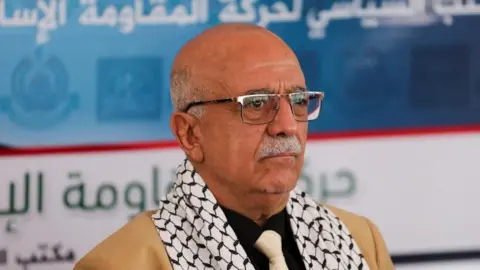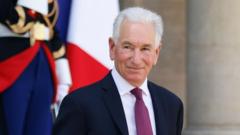At the National Mosque in Kuala Lumpur, crowds gather with eager anticipation for a glimpse of Mahathir Mohamad, Malaysia's longest-serving prime minister, who recently turned 99. His presence commands both admiration and criticism—a duality that has marked his decades of political influence.
Mahathir's first tenure, which lasted from 1981 to 1999, saw him transform Malaysia's economy from a dependence on raw materials like tin and rubber to a robust exporter of manufactured goods and technology. Upon his return to power in 2018 at the age of 92, he made history as the oldest prime minister in the world, securing a remarkable second act in his political career.
However, his legacy is far from unblemished. Mahathir's administration has drawn ire for its harsh treatment of political dissidents, particularly Anwar Ibrahim, who now serves as prime minister. Furthermore, his controversial remarks regarding race and religion have sparked significant debate, fueling divisions in Malaysian society.
Despite these polarizing aspects, Mahathir’s impact on Malaysia's development is undeniable. As he reflects on his past, he faces a clear divide in public perception—one that oscillates between reverence for his visionary policies and resentment for his authoritarian approach. In an exclusive interview, he credits his long tenure to taking bold strides for Malaysia while admitting to the complexities of his actions and words over the years.
As Mahathir navigates the twilight of his influential life, the question of his role in shaping not just Malaysia, but potentially inspiring other nations, hangs in the air, leaving citizens to ponder the deeper implications of leadership, legacy, and responsibility.


















